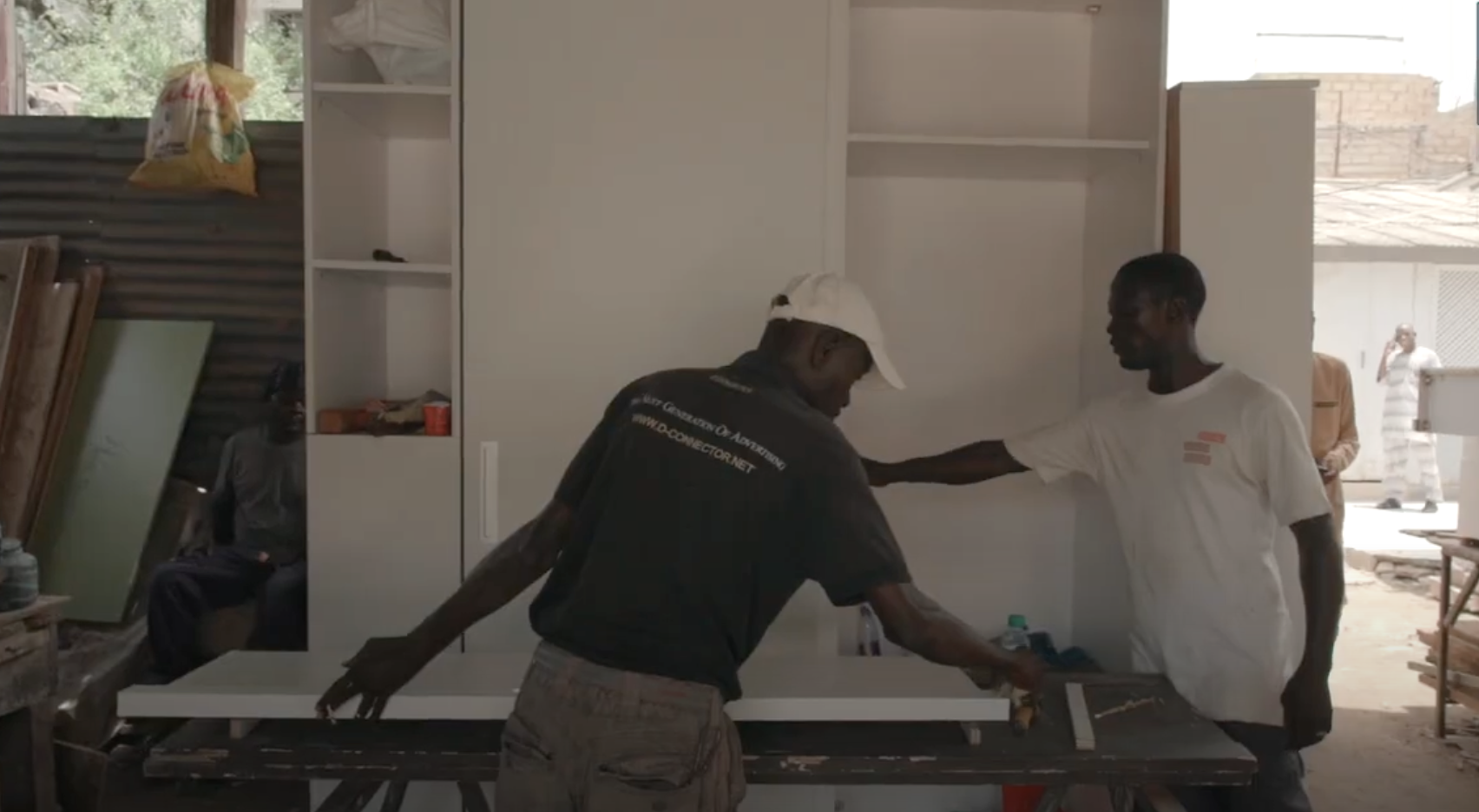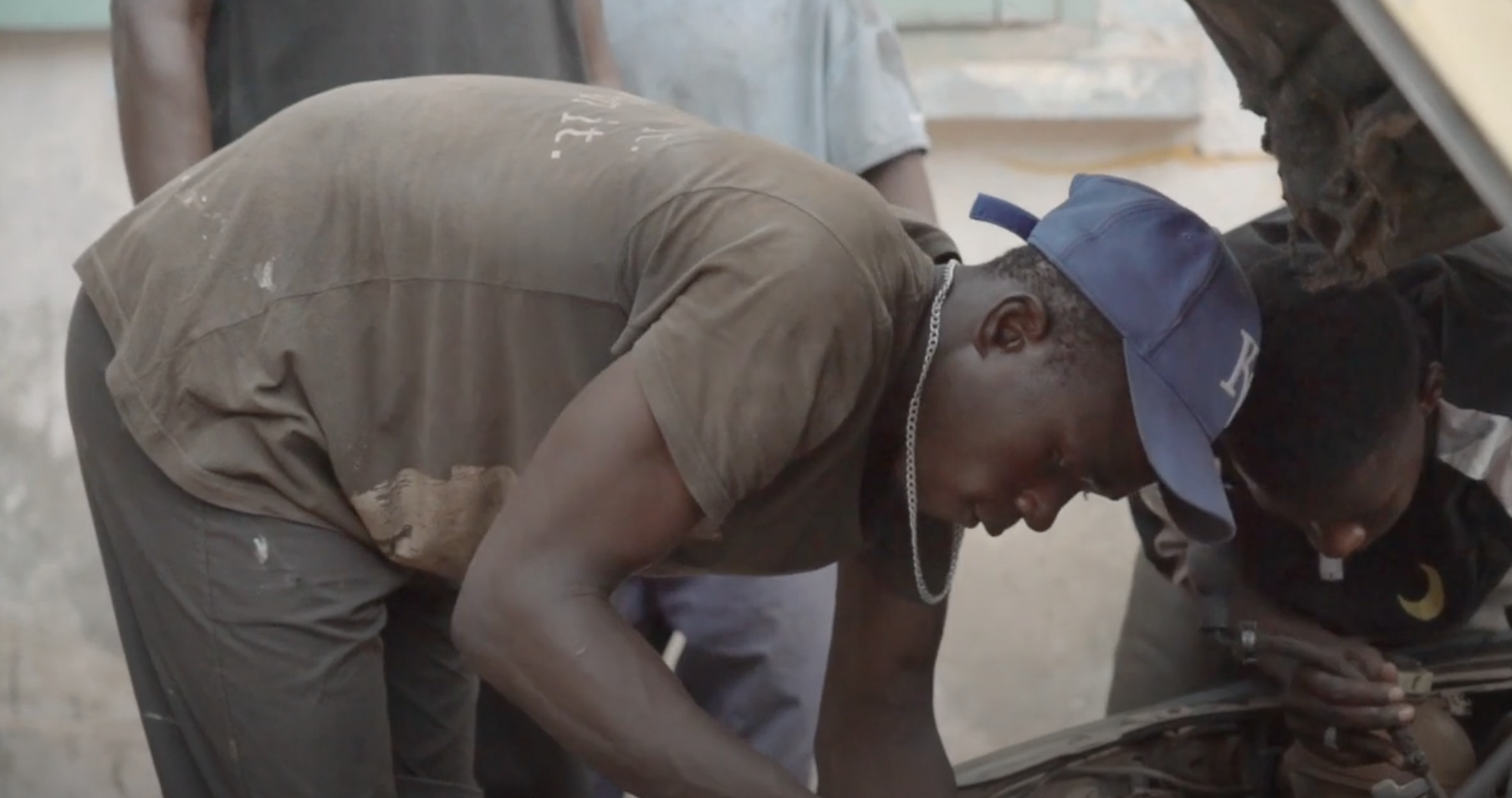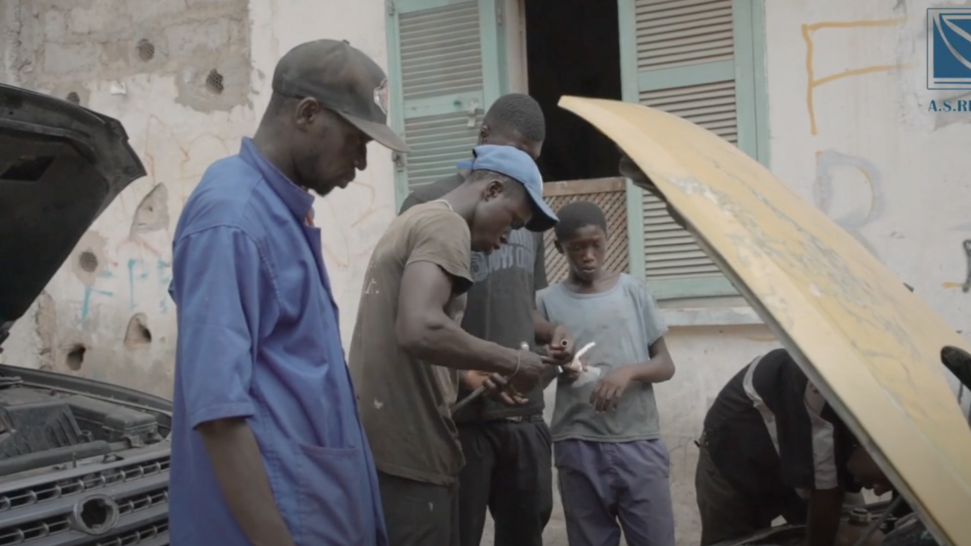Campaign Status
Ongoing Offline: The campaign is currently ongoing offline and, thus still in the process of collecting funds.
Summary
The campaign aims to provide supplementary technical training in auto mechanics, wood carpentry, and restoration through an educational program tailored for youth.
Challenge
The Emerging Senegal Plan (PSE) initiated by the State aims for the emergence of Senegal by 2035. It places the development of human capital and social protection at the heart of the system. In this context, the employment of young people and women constitutes a priority, with issues related to employability, education, training, and the sustainable integration of these specific targets.
It should be noted that the Senegalese socio-cultural environment remains particularly open to practices involving placing young people in an apprenticeship situation in craft trades, due to several factors such as the disinterest of the child in studies, difficulties in financial and material support for schooling by parents, and family conservatism in passing on the profession to children.
Thus, many young people, having left formal school very early, find themselves in automobile mechanics and wood carpentry workshops to acquire the knowledge and know-how that would allow them to ensure good social integration and meet the needs of their families, whose parents often live in situations of extreme poverty. Some of these young apprentices, particularly committed to learning their trades, have managed to acquire skills that allowed them to start earning a decent living.
However, in recent years, the automotive mechanics and wood carpentry trades have not adequately adapted to technological developments, with the increased presence of increasingly sophisticated electronic vehicles (automotive mechanics) and the use of modern furniture designs with removable and more sophisticated equipment (wooden joinery) in the Senegalese market. It should be noted that Senegalese crafts constitute an important source of job creation. These two trades, in addition to the issues mentioned, also serve as incubation and training centers for thousands of young people from the peri-urban districts of Dakar, who have no access to new knowledge (mechatronics and tools for operations). The risk of disconnection from the technological environment could weaken the economic fabric, leading to significant job losses for young people.
Today, several auto mechanic workshops find themselves unable to offer, with the required quality and on time, the repair services requested by customers with vehicles less than ten years old, due to the insufficiency of mechatronics equipment and the professional qualifications necessary to carry out these repairs. This strong trend is expected to continue over the coming years. Consequently, in the absence of corrective actions, several automobile mechanic workshops risk no longer being operational and could put hundreds or even thousands of young apprentices out of work.
The same situation could be noted in the field of wood joinery where, due to competition imposed by imported furniture, customers are increasingly demanding products with 'impeccable finishes' that only relatively sophisticated machines can achieve. The wood carpentry value chain is also open to home construction (frame, parquet flooring, stair railing, etc.).

Solution
To mitigate these risks, the project aims to enhance primary education and ongoing vocational training for young apprentices and specific master craftsmen.

The project will conduct extensive awareness campaigns targeting master craftsmen, young apprentices, parents, educational authorities, local communities, the Crafts Department, and the Apprenticeship Department of the Ministry of Technical Education. Additionally, it will establish forums for stakeholders involved in the changing landscape of education to engage and collaborate.



